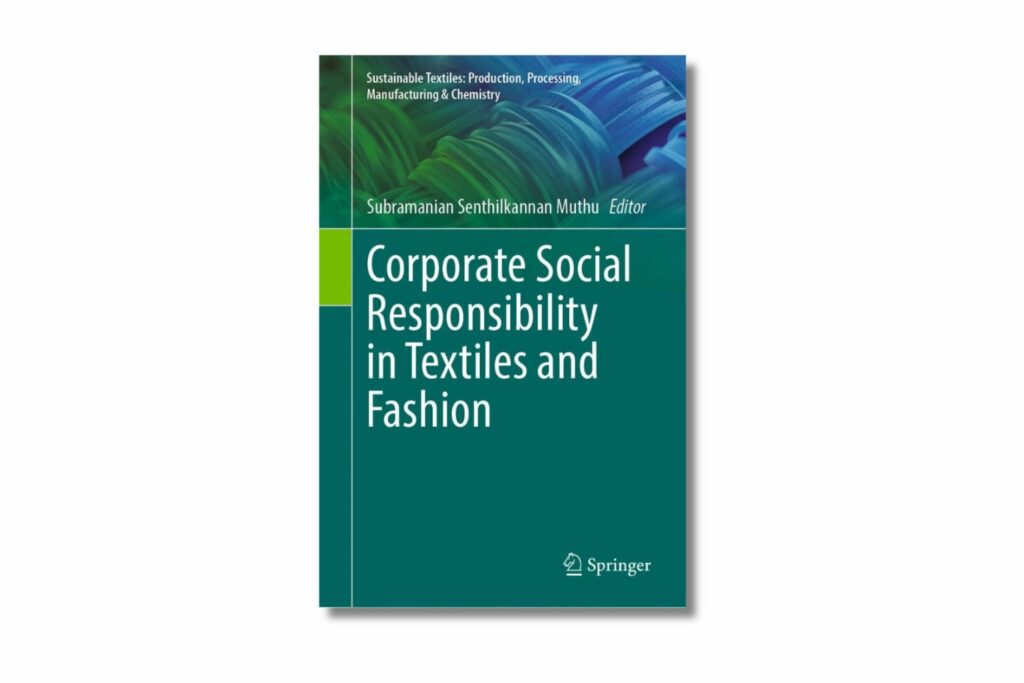
Head here to access the full chapter.
The global textile industry, driven by increasing demand for affordable products, faces significant
challenges, including lengthy supply chains, environmental harm, and labor issues. The circular
economy offers a solution, aiming to reduce waste and boost sustainability, but social sustainability
issues persist. Corporate Social Responsibility (CSR) and Social Life Cycle Assessment (LCA) are critical
tools for addressing these concerns, allowing companies to identify social risks and benefits
throughout the product lifecycle.
CSR involves companies voluntarily addressing social and environmental issues, yet its inconsistent
application can lead to fragmented efforts. Larger brands tend to have stricter policies due to public
scrutiny, while smaller firms often face barriers such as cost and lack of expertise. Social LCA, in
contrast, provides a more analytical approach, assessing impacts on workers, consumers, and
communities across the entire supply chain.
In the textile industry, social LCA helps identify opportunities for ethical sourcing, improve labour
conditions, and ensure responsible waste practices. However, challenges such as data reliability and
transparency hinder its full potential. To be effective, social LCA requires region-specific data,
stakeholder engagement, and compliance with human rights and labor standards. By integrating CSR
with social LCA, companies can enhance transparency, accountability, and social sustainability,
creating more responsible business practices in the shift to circular models.